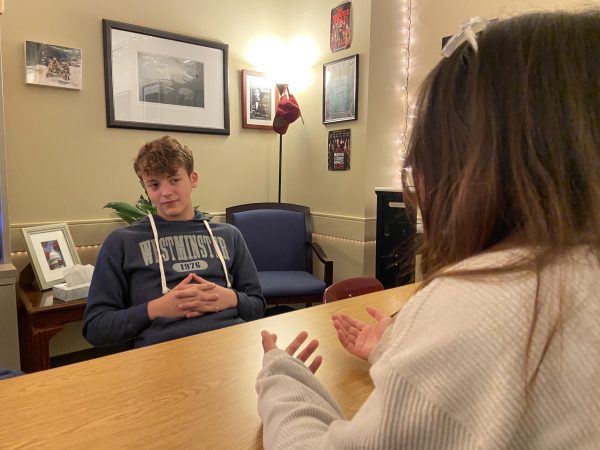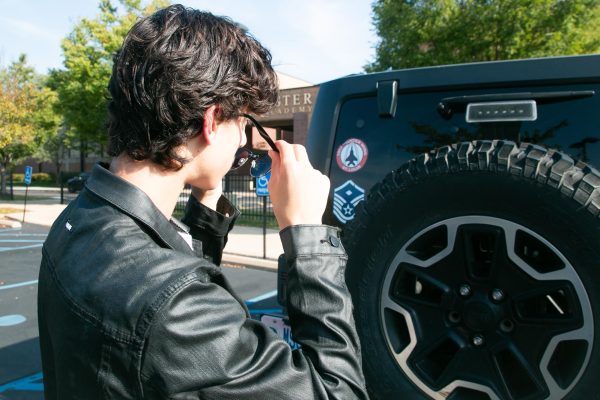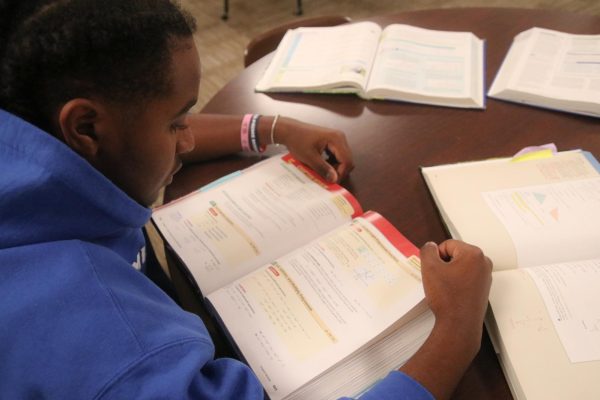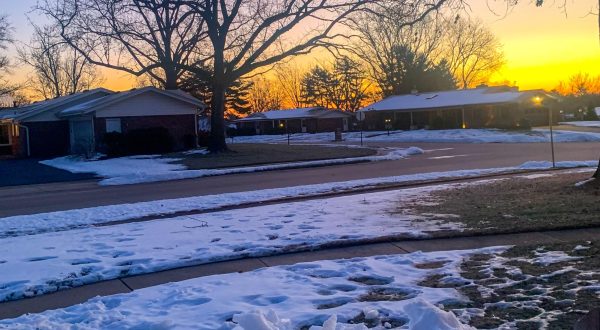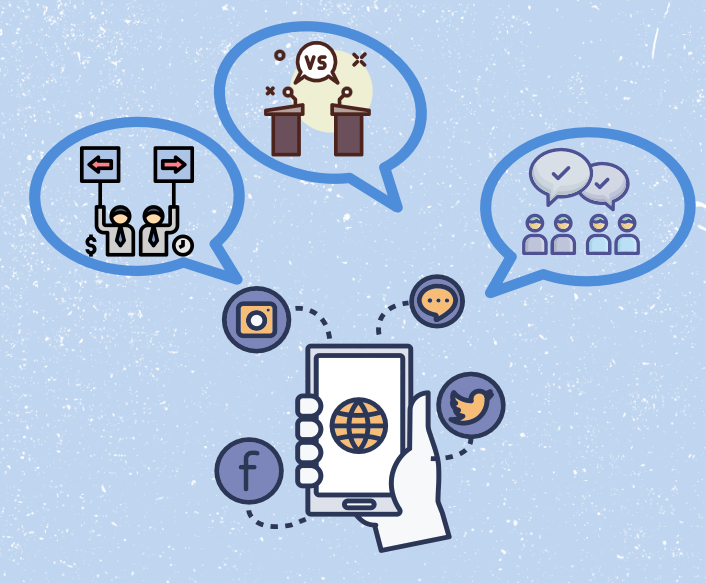Changing Perception, One Social Media Post at a Time
Today’s youth may not be able to vote, but they can change the system in other ways.
The lack of youth involvement in current conflicts, debates, and government issues could cause the corruption of government decisions in the future years to come. Although youth under the federal age of 18 can not vote, they are capable and eagerly encouraged to participate in conversations concerning current news. It can be a common misconception that the youth do not care for political matters in general. “Young voters care about all the same issues that any other voter would care about. The difference is that young voters are not at the center of traditional politicians’ strategies.”
Younger people, especially those incapable of voting, still have a passion to engage in national problems that they personally relate to. A strategy to overcome the obstacle of being too young is and has been to use social media. On commonly used social platforms, those waiting to directly participate in the future years engage and do have a say in political matters. “While some young people might not be able to vote yet, they are leveraging social media to educate themselves and their peers on topics ranging from gun violence to racial justice to climate change.”
Teenagers seeking to make a positive difference resort to using social media platforms or protesting to emphasize issues, place importance on resources, and highlight crises that deserve attention. It becomes their resource to become involved in a world that shuns youth involvement. There have been various specific movements in the past years in which there was a lot of youth engagement. “This rise in social media activism is especially apparent in times of crisis such as the Black Lives Matter protests.”
Gun violence and school shootings have become an important topic for youth who feel they directly relate to the current crisis. Teenagers had turned to social media once again to provide insight on the unfair casualties that have been presented as a result of gun violence. “Whereas several policy initiatives to curb gun violence have failed […] social media data are readily available and could be a gateway to understanding and disputing gun violence.”
Politics, elections, movements and all topics relating to this were seen as an area strictly for those with more familiarity, mainly those whose only advantage was being older. The younger generations were previously left behind discouraged of pondering such subjects despite being the said future of the world.



